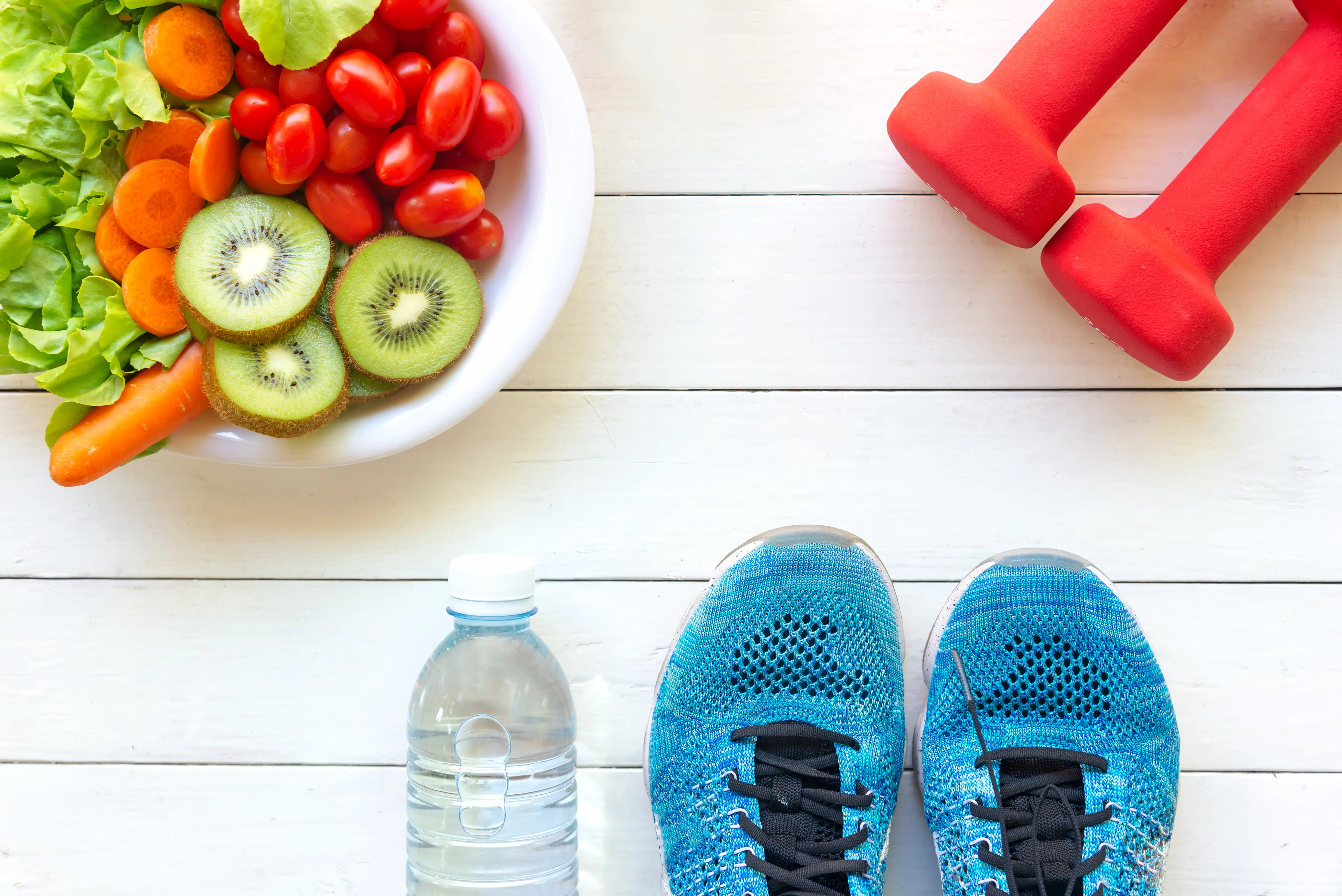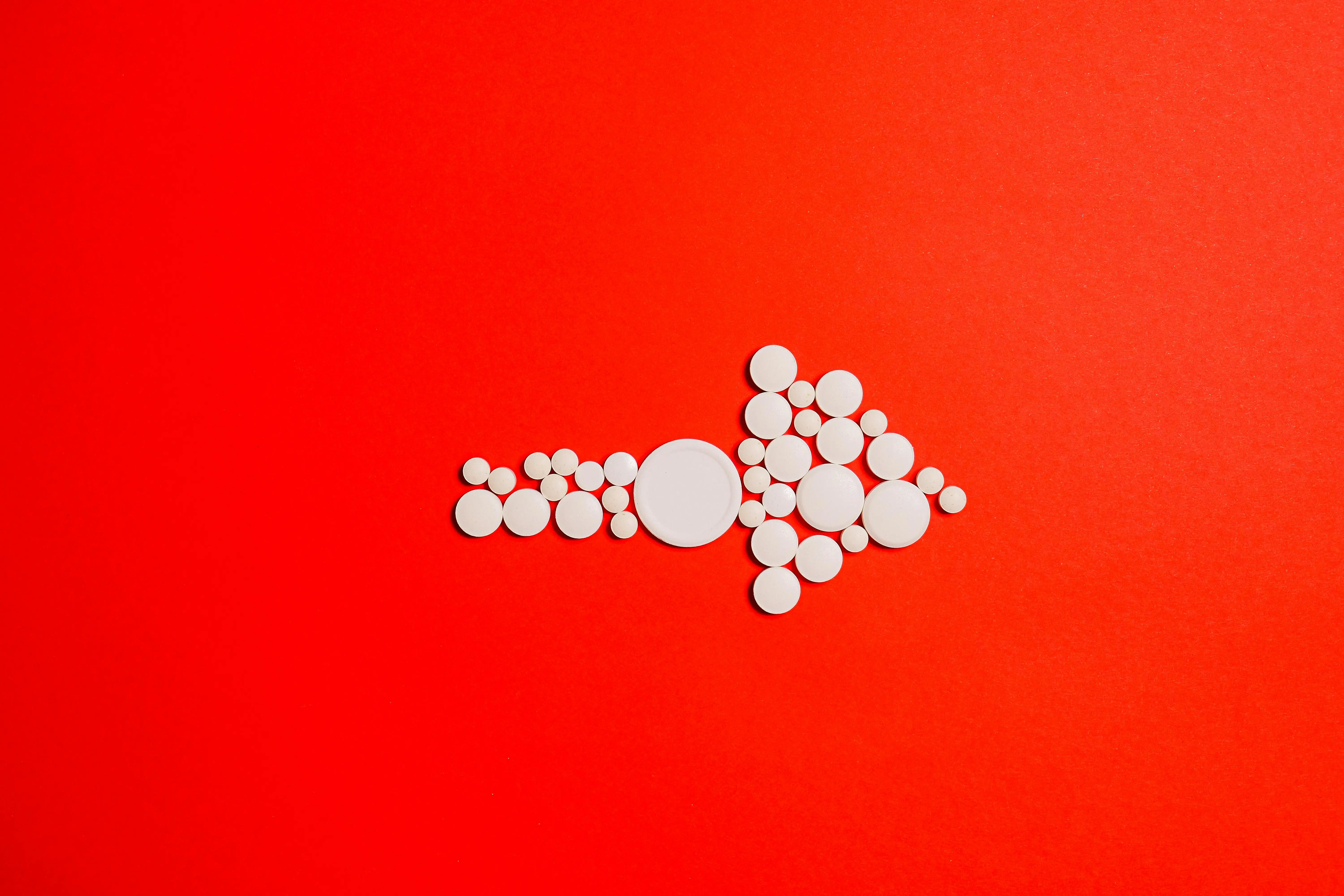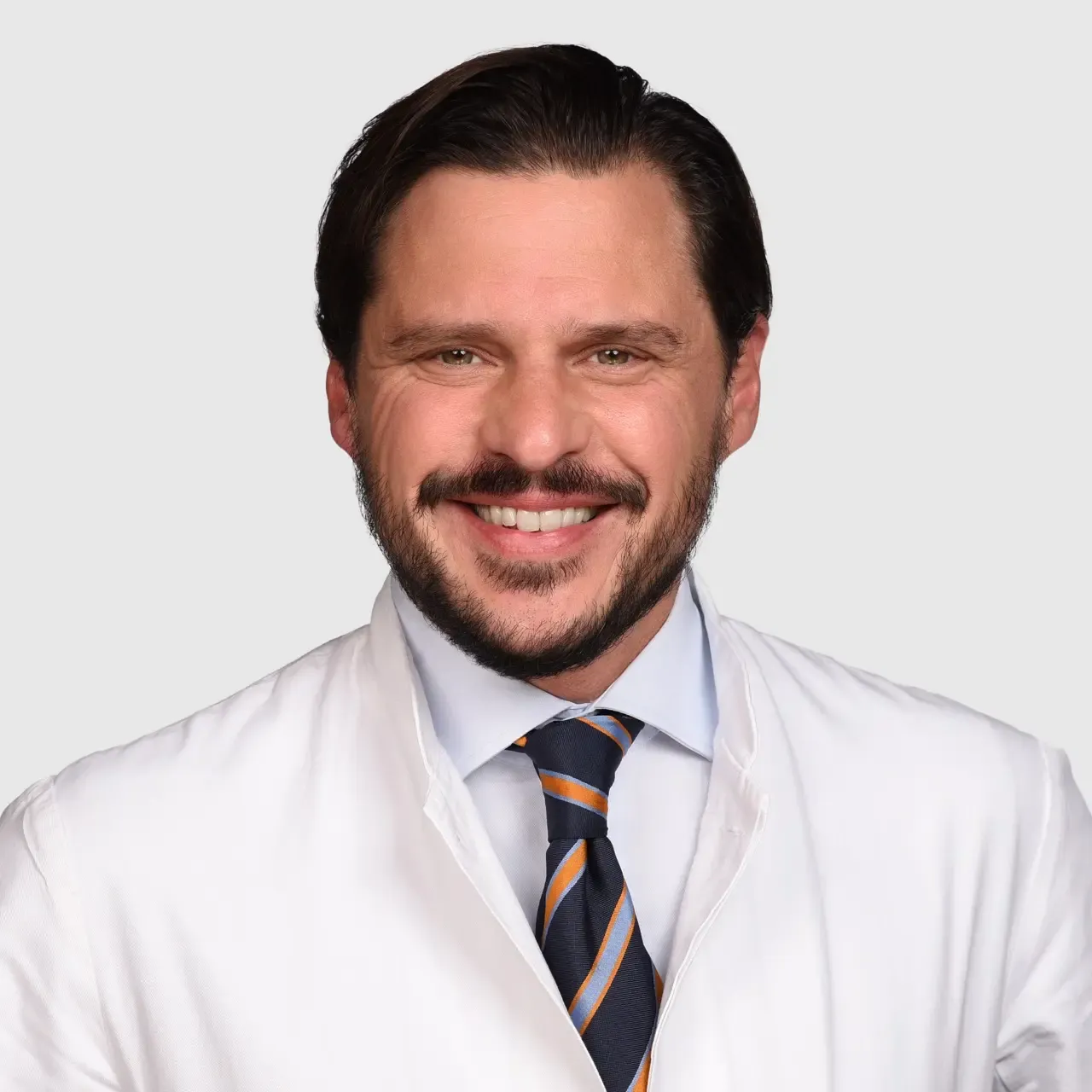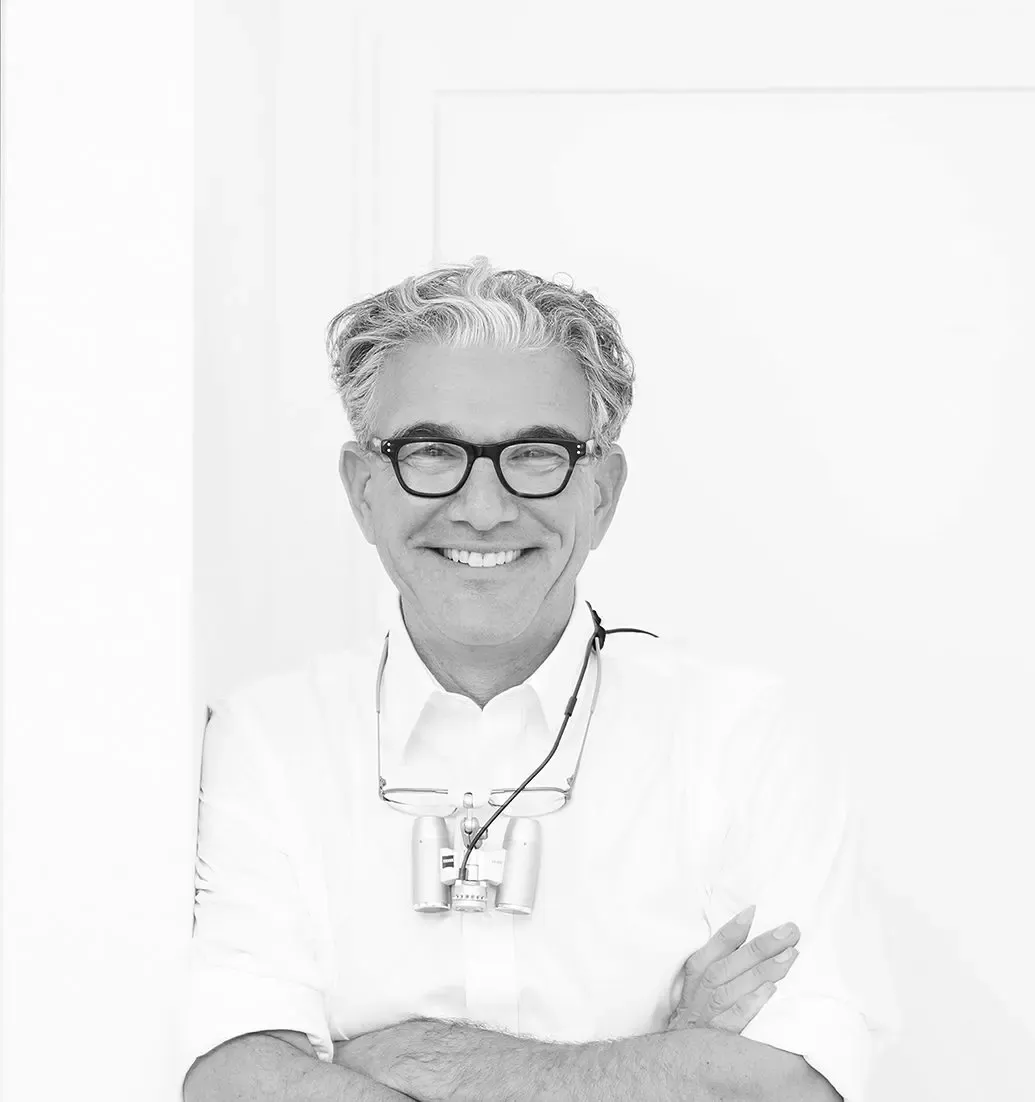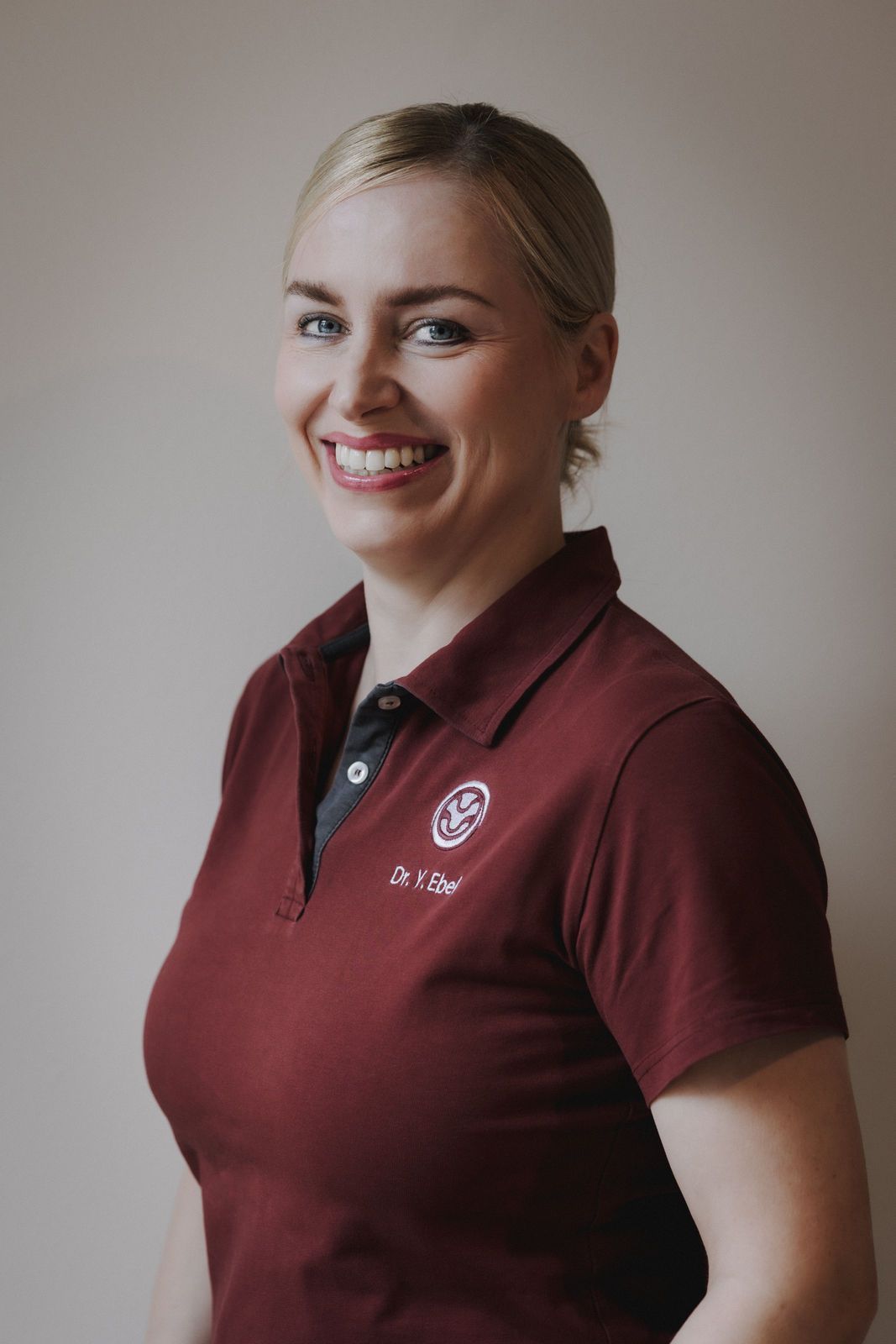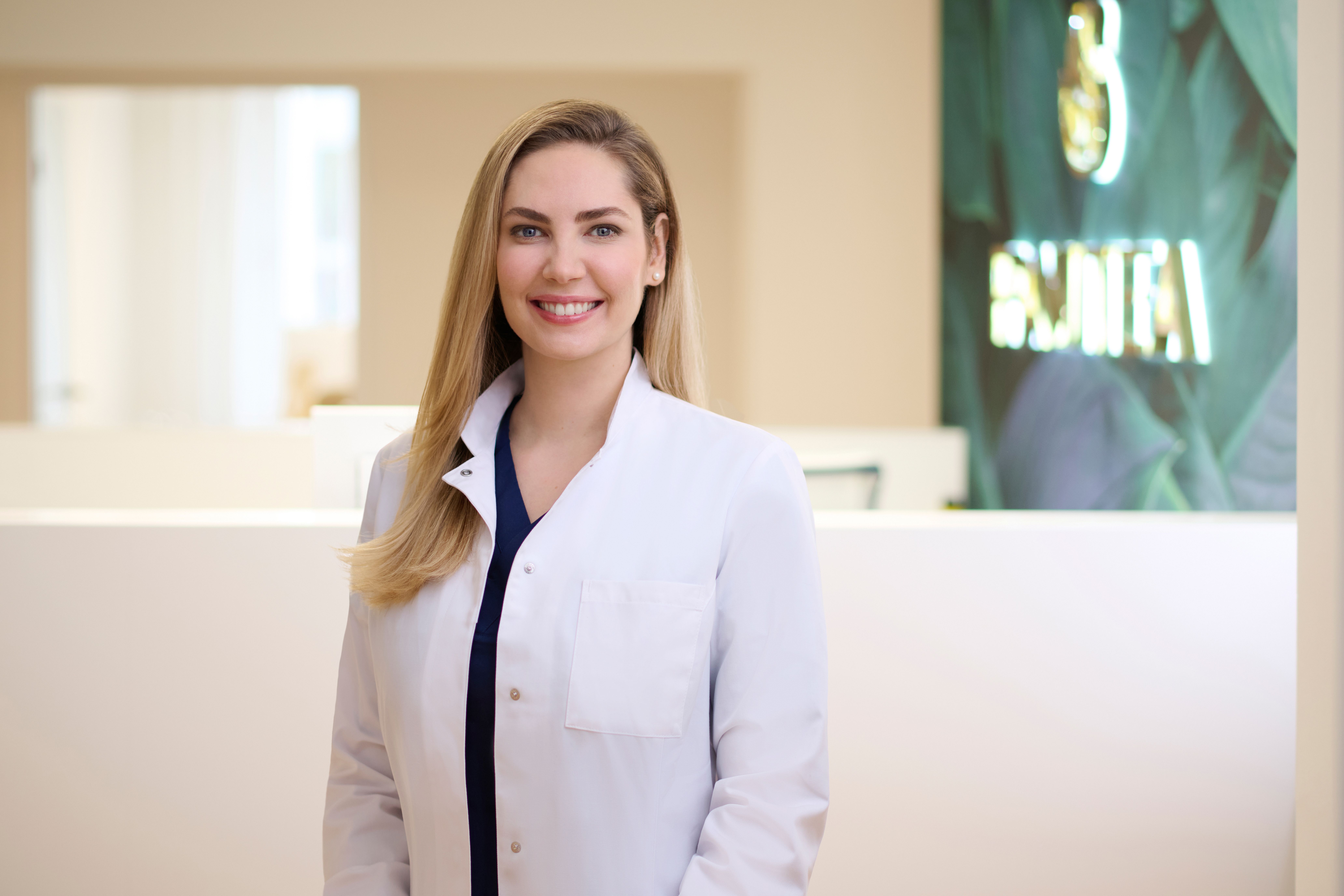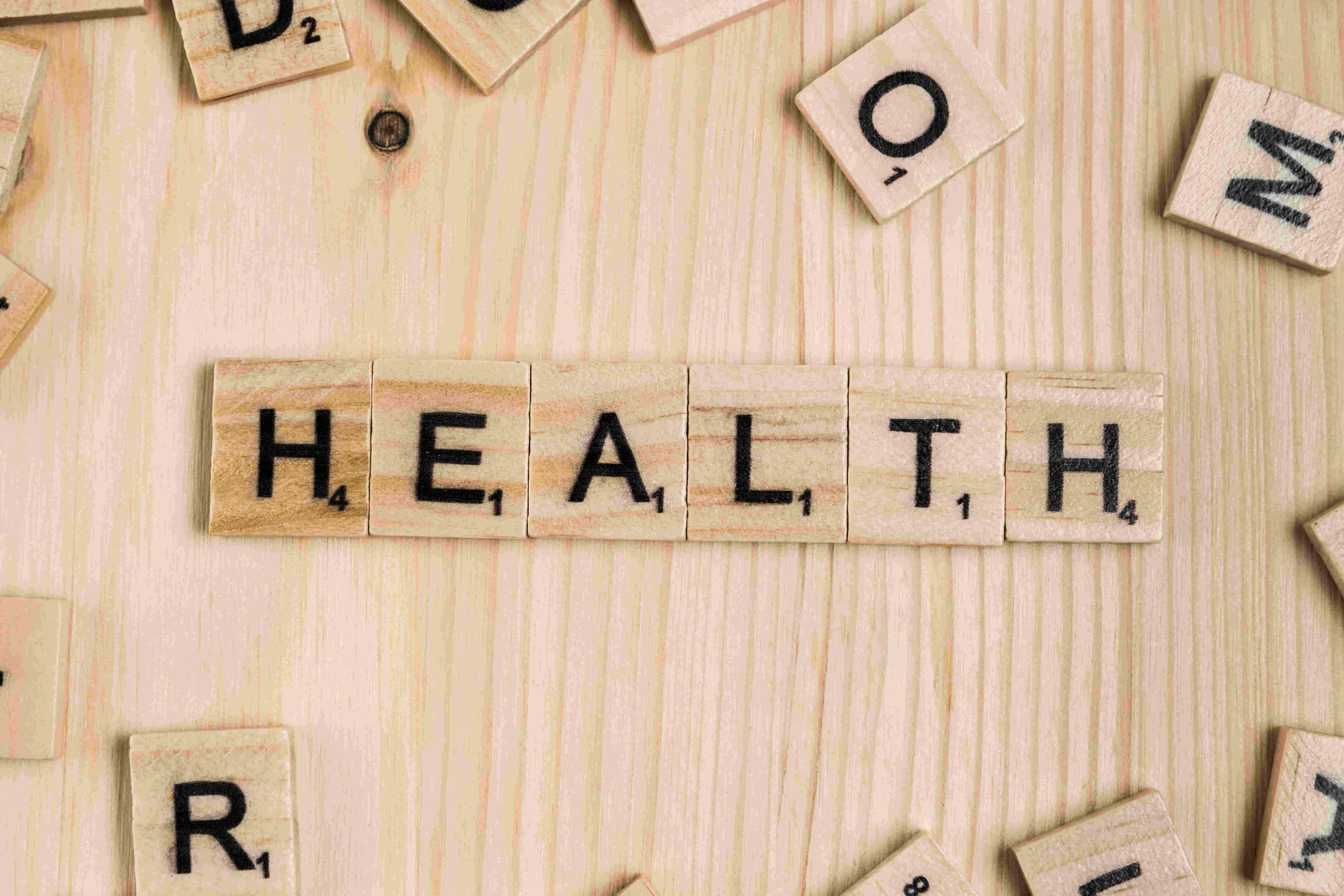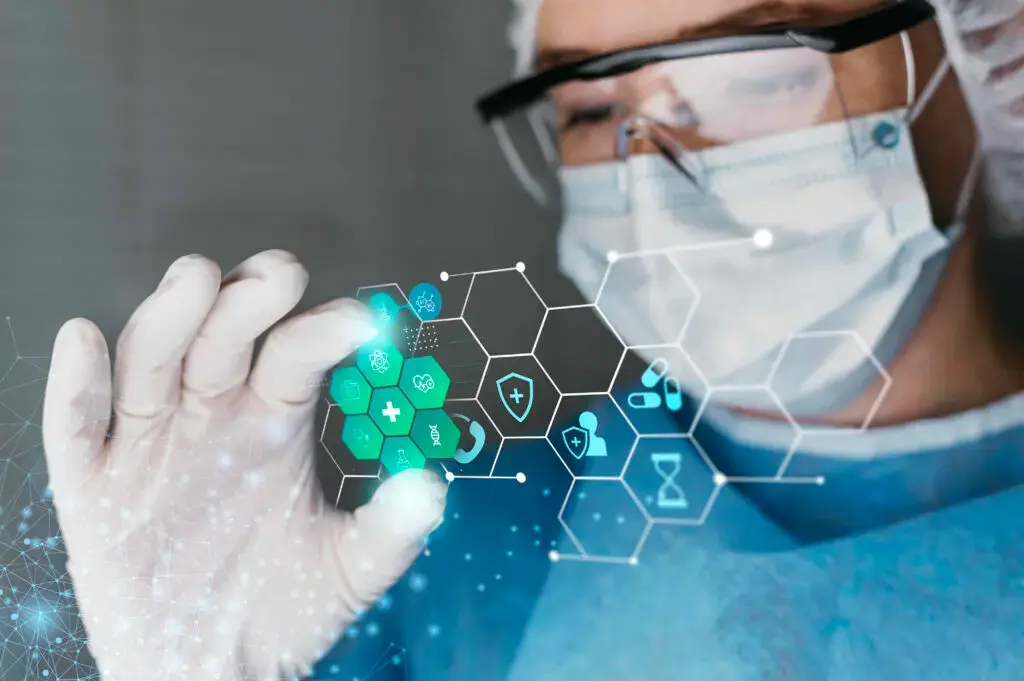Is there a way to stop the aging process? Reporter Jenke von Wilmsdorff and his son Jánik dedicate themselves to answering this question in his new longevity experiment on April 28, 2025, on ProSieben. Immediately after the broadcast of "JENKE. Experiment. Immortal: Do we want to live forever?" Jenke, his son Jánik, and Dr. med. Andrea Gartenbach will talk on "JENKE. LIVE." with Viviane Geppert on ProSieben about what they have taken from this experiment into their daily lives.
Dr. med. Andrea Gartenbach is a specialist in internal and functional medicine, an expert in longevity, a founder, speaker, and former competitive athlete. She leads a new generation of doctors who are not only focused on extending our lifespan but more importantly on maximizing and optimizing the time we can lead our lives actively, fit, healthy, and happily (healthspan).
One of your mottos is: Measure, do, measure. What exactly do you mean by that?
It's best if we have data and know exactly what our body needs, what our cells need, and where we can support cellular processes. Especially, we can see how much we need of something. After some time, if you test again, you see how much the body has actually absorbed, it's also about absorption and interaction.
That's why I'm a big fan of data and measurement, whether blood, saliva, urine, stool, via the skin or through questionnaires, to then create a personalized strategy for the patient. The more data we have and the more we know, the more accurately and efficiently we can supplement or treat.
How long do you usually accompany a patient?
This is very individual. Most patients desire long-term support, as health is a long-term investment. We call it Private Health Management. The sooner we start, the better we can act. We always start with a so-called health profile. That means a very deep diagnosis with all that we can scientifically measure and then create a strategy based on this.
We implement this long-term strategy in short sprints. Good prevention is very important. But you seldom start with that because we always find something that's not quite in balance. We have a great network of excellent physicians we can rely on, from whom we can gain expertise for specific issues.
Longevity is currently the topic, but actually it's about prevention, right?
Yes. We have the healthspan, the health span, and the lifespan, the life span. The latter is getting longer, statistically speaking. But the health span is not. What good is a long life in which I have no fun and suffer from diseases that limit quality of life in the last 10 to 12 years? It's not about general diseases, we've had those 30, 40 years earlier already. Silent inflammations, slowly increasing blood pressure values, you don't notice that.
